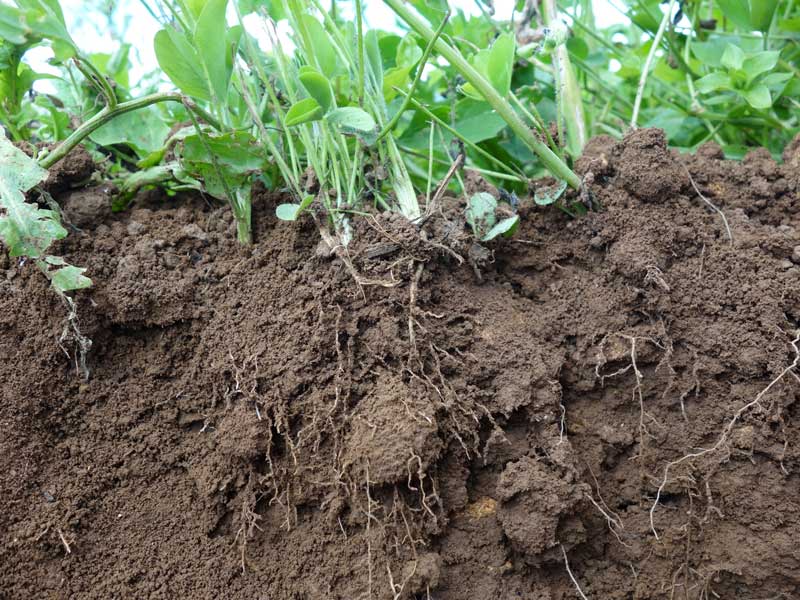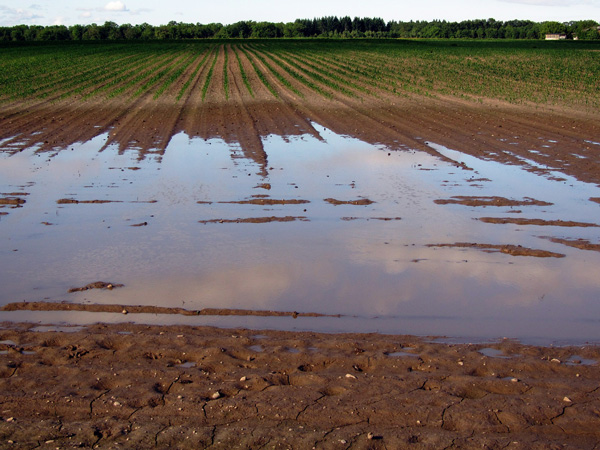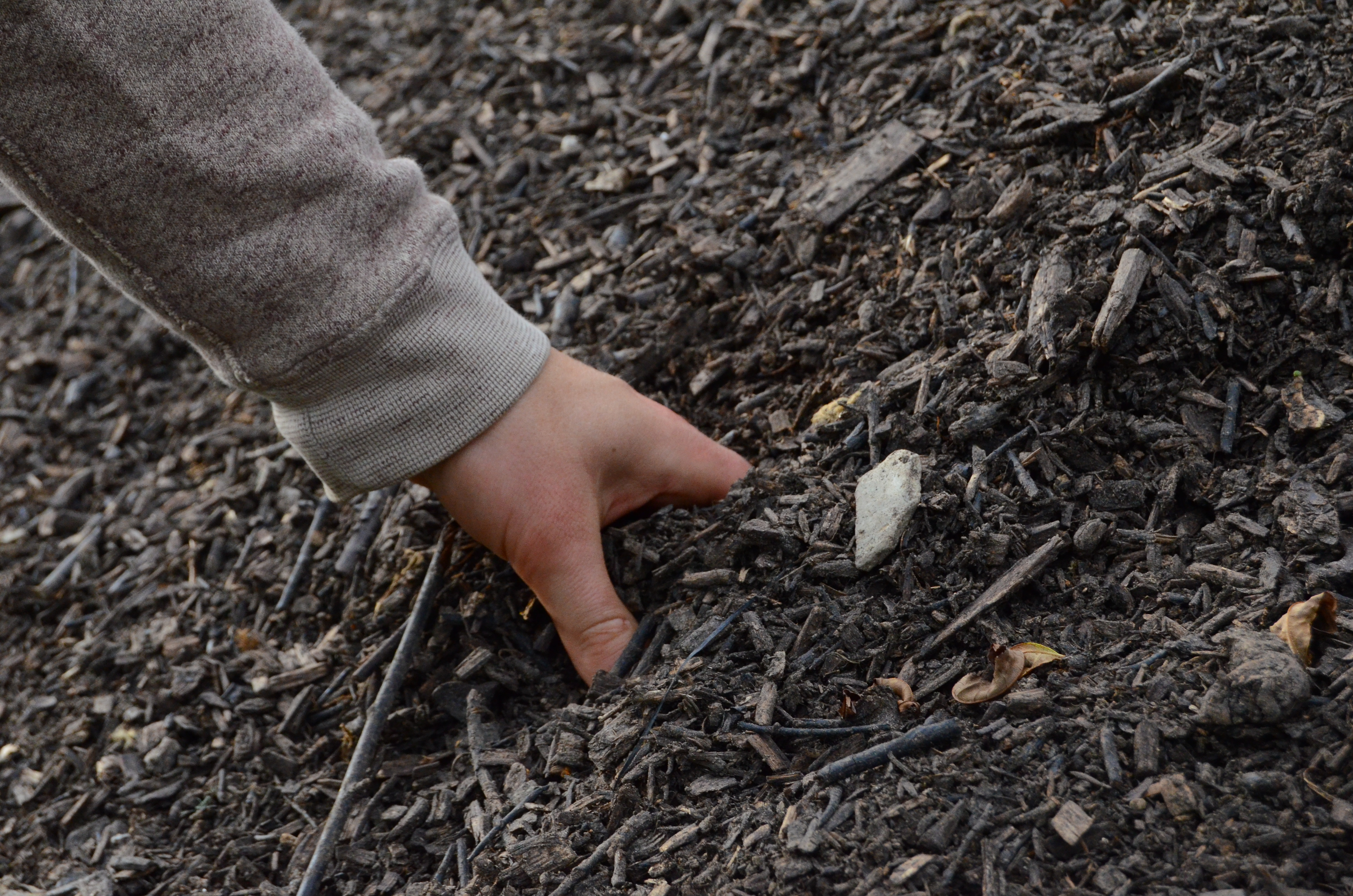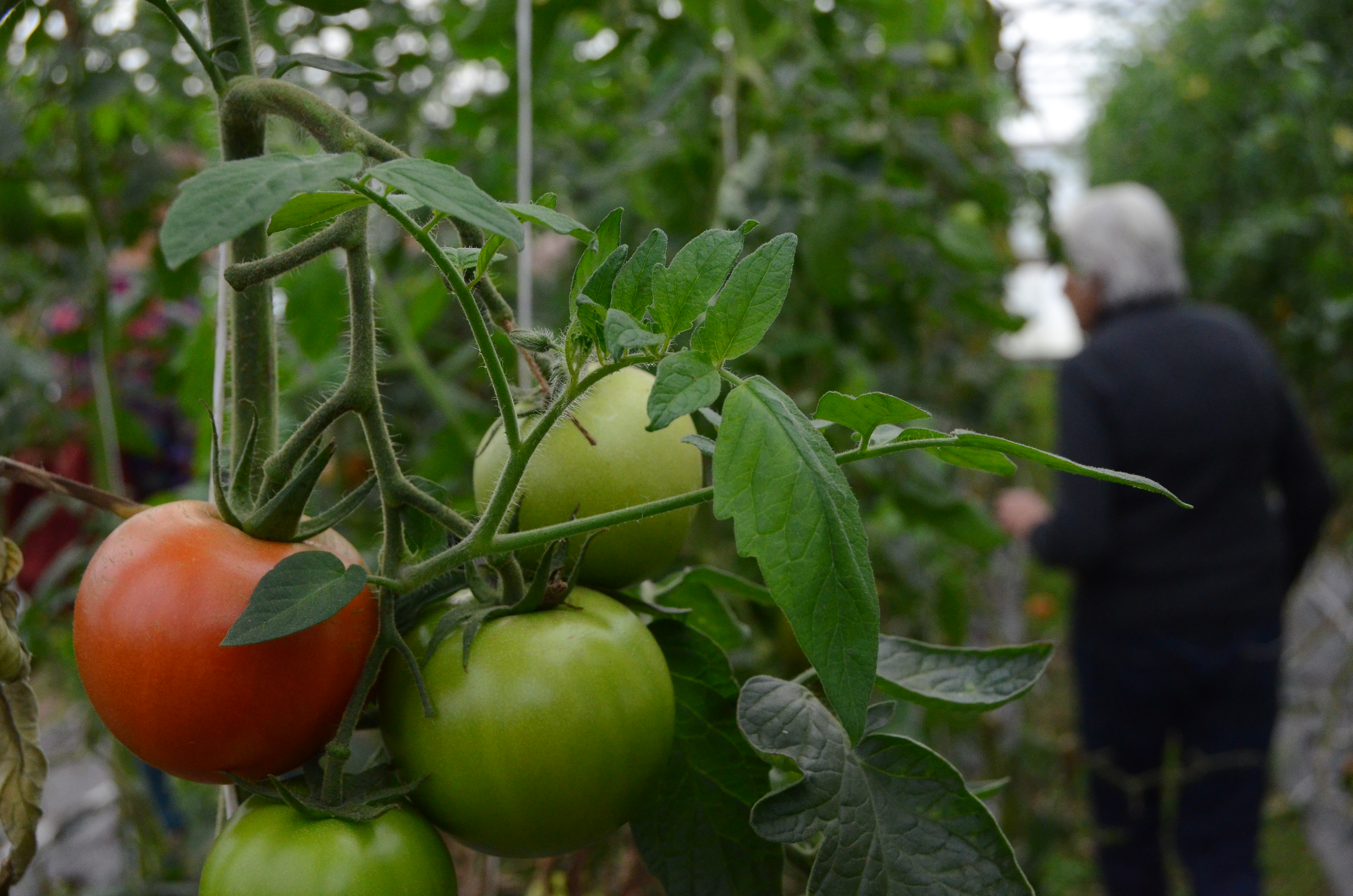
Advice for farmers about soil health
One quarter of all species on Earth live in soils, providing the basis for all food production for the other three-quarters. Like all habitats, soils must provide the full range of conditions necessary for these species to survive and thrive.
Whether you farm on chalk, loam or clay, you’ll know just how much your business depends on your soil to provide the nutrients your crops and livestock need.
Below you'll find resources and case studies from farmers who are reaping the benefits of investing in their soils.
-
![]()
Four free ways to get started with soil testing
Becky Willson, technical director of Farm Carbon Toolkit, advises you to get your spade out and get digging!
-
![]()
Soil testing: who are you doing it for?
Guidance on testing soil organic matter and soil organic carbon, and why knowing who you’re testing for is key.
-
![]()
System design and rotations
Understanding each component of your rotation is important in order to increase soil organic matter, whilst also making the sums stack up.
-
![]()
Soil management
You can get more from your land if you anticipate problems like erosion and poaching, and implement changes to prevent damage.
-
![]()
Enriching with organic amendments
Organic amendments make a great companion to your growth of soil organic matter. For example, to increase fertility, consider biostimulants, farmyard manure, compost or woodchip.
-
![]()
Certified organic inputs
Getting your system, your rotation and cultivation right is the best way to improve the quality of your soils – but sometimes you might also want to give them a further nudge in the right direction.






